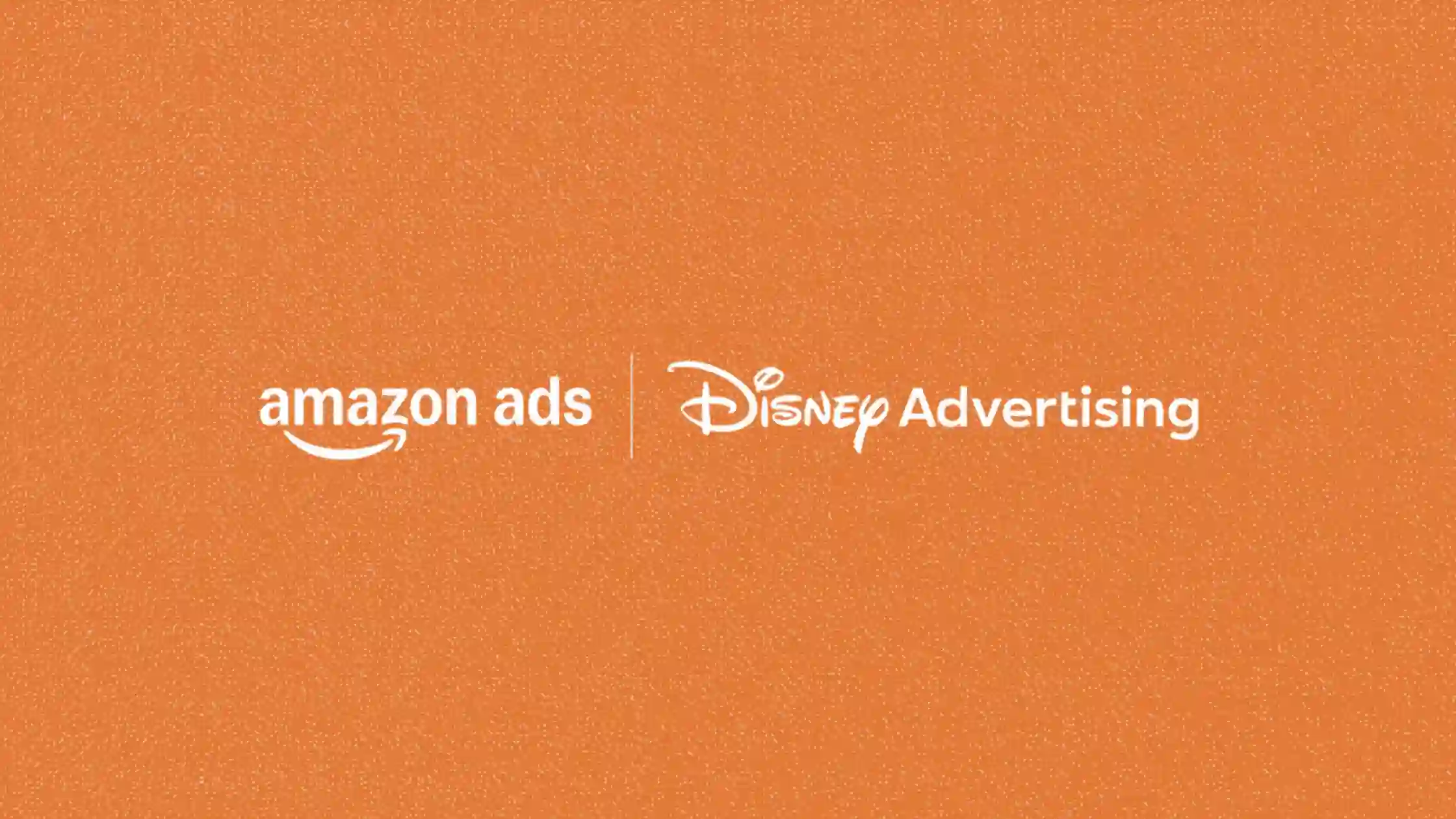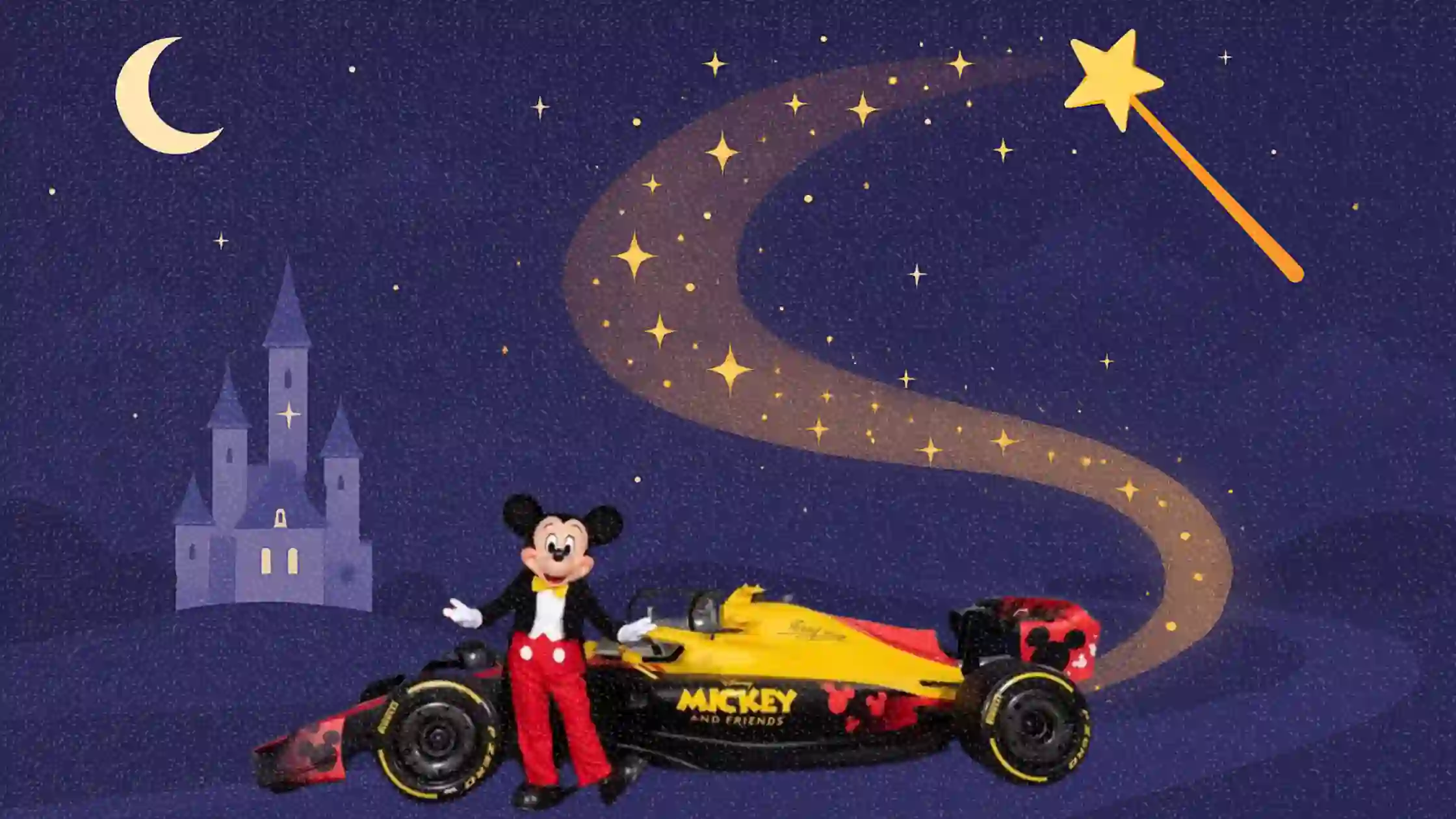Disney and Amazon team up to target streaming viewers more precisely
Disney and Amazon’s new DSP integration raises the stakes for streaming ad targeting—marketers, take note

As Cannes Lions draws ad world attention to the French Riviera, Disney and Amazon just dropped a strategic update that could reshape how marketers approach streaming TV.
The two giants have announced a new integration between Disney’s DRAX (Real-Time Ad Exchange) and Amazon’s DSP (Demand Side Platform), enabling advertisers to combine premium streaming content with high-intent commerce signals.
This article explores how the collaboration works, why it matters now, and what marketers should know to take advantage of the expanded reach and richer targeting possibilities.
Short on time?
Here’s a table of contents for quick access:
- What’s new in the Disney–Amazon partnership
- The big-picture context: why this matters now
- What marketers should know

What's new in the Disney and Amazon partnership
Starting Q3 2025, advertisers using Amazon DSP will gain direct access to Disney’s ad-supported streaming inventory—including Disney+, Hulu, and ESPN+—alongside new audience-matching capabilities based on Amazon’s first-party shopper data.
In practice, this means brands can reach viewers more strategically.
For example, a pet food brand could target Disney+ subscribers who’ve browsed or purchased pet items on Amazon. This level of targeting has long been promised by streaming platforms, but few deals have offered the scale or precision this one does.
The partnership also taps into Amazon Publisher Cloud and Disney Compass, allowing advertisers to build campaigns that blend streaming behavior with purchase history—all while using AWS Clean Rooms for privacy-safe collaboration.
Disney+ inventory is also expanding internationally within Amazon DSP, covering eight European countries, including France, the U.K., and Germany.
The big-picture context: why this matters now
Both Disney and Amazon have been aggressively expanding their ad ecosystems.
Disney has introduced ad tiers across its streaming products and is planning a standalone ESPN streaming app launch. Meanwhile, Amazon recently moved Prime Video into an ad-supported model, aiming to grow its media business beyond retail search and display.
This deal is a logical next step in that evolution. It doesn’t just increase inventory access—it fuses content and commerce at scale. For advertisers, that means more accurate audience segments, smarter ad placements, and potential cost efficiencies via better reach.
It also signals that streaming platforms aren’t just chasing TV dollars—they’re coming for full-funnel marketers who care as much about conversions as they do about impressions.
What marketers should know
- Start planning commerce-plus-content campaigns
This deal makes it easier to link household buying behavior with entertainment preferences. Think beyond demo-based targeting and start ideating campaigns that tap into behavioral signals (e.g., shoppers of home fitness gear who stream Marvel titles).
- Expect new inventory packaging options
Disney is expanding tools like "Magic Words" contextual targeting and Disney Select data overlays. Combined with Amazon’s automation and clean room tech, these could lead to curated deals that blend performance and premium reach.
- Reassess your DSP mix
If you’ve relied on The Trade Desk, Google DV360, or other platforms for streaming TV buys, consider how Amazon DSP now compares—especially if you’re already using Amazon Ads for ecommerce campaigns.
- Prepare for deeper measurement capabilities
With Amazon and Disney connecting clean rooms, marketers may soon get access to more detailed attribution and conversion tracking across streaming environments—a long-standing gap in CTV advertising.

Disney and Amazon’s new integration raises the bar for programmatic CTV targeting, especially for performance-minded marketers. By connecting viewing behavior with real purchase intent, it gives brands a new path to precision without sacrificing scale.
This isn’t just a bigger pipe—it’s a smarter one.
If you're running video campaigns or exploring connected TV, now’s the time to explore what Amazon DSP can deliver, especially as third-party cookies fade and first-party ecosystems take the lead.





